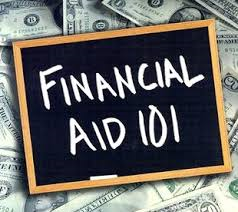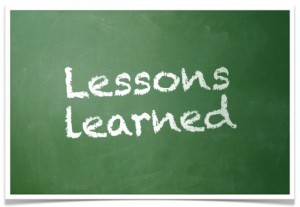Candidates for the RICP® designation must complete a minimum of three college-level courses and are required to pass a series of two-hour proctored exams. They must also have three years of experience, meet stringent ethics requirements, and participate in The College’s continuing education program.
The RICP® educational curricula is the most complete and comprehensive program available to professional financial advisors looking to help their clients create sustainable retirement income. The rigorous three-course credential helps advisors master retirement income planning, a key focus area not fully covered in other professional designation programs. From retirement portfolio management techniques and mitigation of plan risks to the proper use of annuities, employer-sponsored benefits and determining the best Social Security claiming age, the RICP® provides a wealth of practical information for advisors.
Using the most current techniques, RICP®’s identify retirement income needs and objectives and evaluate a client’s current situation relative to those goals. Individuals who earn a RICP® can provide expert advice on a broad range of retirement topics including income needs and objectives, estate issues and other risks to the retirement income planning, Social Security, health insurance and housing decisions, and income taxation.
The American College is the nation’s largest non-profit educational institution devoted to financial services. Holding the highest level of academic accreditation, The College has served as a valued business partner to banks, brokerage firms, insurance companies and others for over 86 years. The American College’s faculty represents some of the financial services industry’s foremost thought leaders. For more information, visit TheAmericanCollege.edu.






